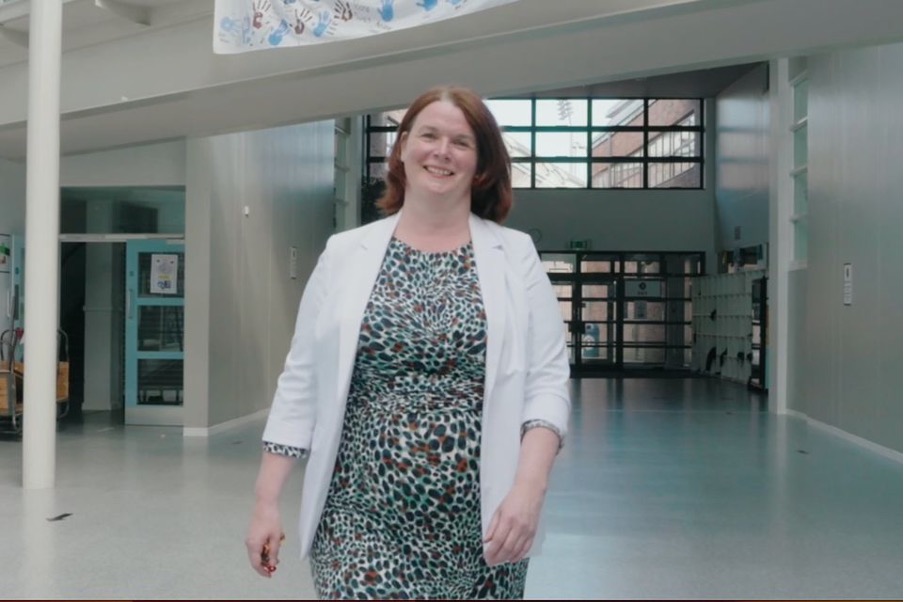NIKRF Funding
Without research there is no progress and without progress there is no hope.
Click here to find out more about our funding opportunities
Latest Events/News
All the recent news from us and upcoming events
Anyone Can Be a Volunteer
We are looking for the next generation of volunteers to continue ‘Lighting the Way’. We have seven renal units across Northern Ireland and want to form new Kidney Research groups in each of these areas.
Get in touch for more info.

The Northern Ireland Kidney Research Fund (NIKRF) is the leading charity funding kidney research in Northern Ireland.






